Personal Details: Chapman, Arthur
Deputy Director
Member PHW Executive Board | PHW Central Editorial Office
Arthur Chapman, EdD, MPhil (*1966), is an Associate Professor in History in Education at the UCL Institute of Education, University College London. He was a history teacher for 12 years prior to taking a university post in history education and has worked at the universities of Oxford, Cumbria and Edge Hill as well as London. He is a series editor of the International Review of History Education and managing editor of the History Education Research Journal. His main research interest is in developing historical thinking, and, in particular, in young peoples’ understandings of historical argument, of historical explanation and of conflicts of historical interpretation.
Arthur Chapman, Dr. päd. (*1966), ist Professor für Geschichtsdidaktik am Institut für Bildungswissenschaften der Universität London. Zuvor war er 12 Jahre als Lehrer an der Schule und als Lehrbeauftragter an den Universitäten Cumbria, Edge Hill und auch London tätig. Er ist Mitherausgeber der Reihe "International Review of History Education" und der Zeitschriften "London Review of Education" und "International Journal of Historical Learning Teaching and Research". Darüber hinaus war er Mitherausgeber der Zeitschrift "Teaching History" (2007-2013). Sein hauptsächliches Forschungsinteresse liegt in der Entwicklung des historischen Denkens, insbesondere darin, wie Heranwachsende historische Argumente, Erklärungen und Interpretationskonflikte verstehen.
https://iris.ucl.ac.uk/iris/browse/profile?upi=AJCHA69-
Relativity, Historicity and Historical Studies
Relativität, Historizität und historische Studien
Relativity, Historicity and Historical Studies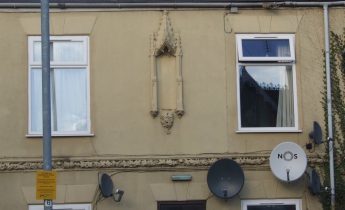
Paradoxically, relativity or relativism is often presented in an absolutist manner, as the proposition that nothing is true, and as a credo in which all is to be doubted apart from doubt itself....
-
Make It Strange — History as an Enigma, not a Mirror
Make It Strange – Geschichte als Mythos, nicht als Reflexion
Make It Strange — History as an Enigma, not a Mirror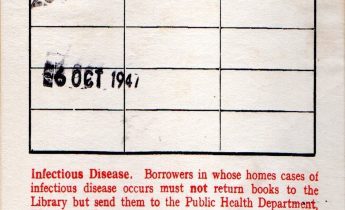
History educators insist on the power and critical importance of knowing history and thinking historically about our collective pasts. Should history education display more awareness of its own past?
-
Disturbing Historical Ignorance: Narrative, Doxa, Paradox
Beunruhigende historische Ignoranz: Narrativ, Doxa, Paradox
Disturbing Historical Ignorance: Narrative, Doxa, Paradox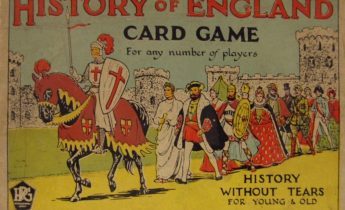
The absence of the past is often disconcerting and uncanny but is, nevertheless, inevitable. Reflections on the reasons for historical ignorance.
-
On the Diagnosis and Treatment of Narrative Vices
Zur Diagnose und Behebung von narrativen Untugenden
On the Diagnosis and Treatment of Narrative Vices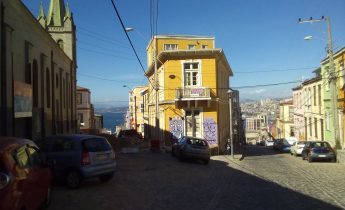
All history is narrative to one degree or another, as Danto has shown, and those who disdain narrative usually end-up telling stories, nonetheless, in their historical writing. We all live narrative projects...
-
On the Grammars of School History: Who Whom?
Über die Grammatiken schulischer Geschichte: Wer wen?
On the Grammars of School History: Who Whom?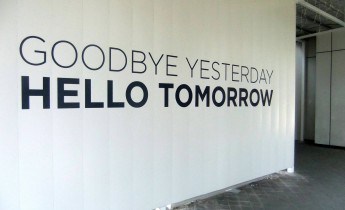
Grammar has a reputation for tedium, and a well-deserved one, perhaps,... Historical grammars can, however, be a valuable tool for appraising historical thinking and for reflecting on how school history is made and understood.